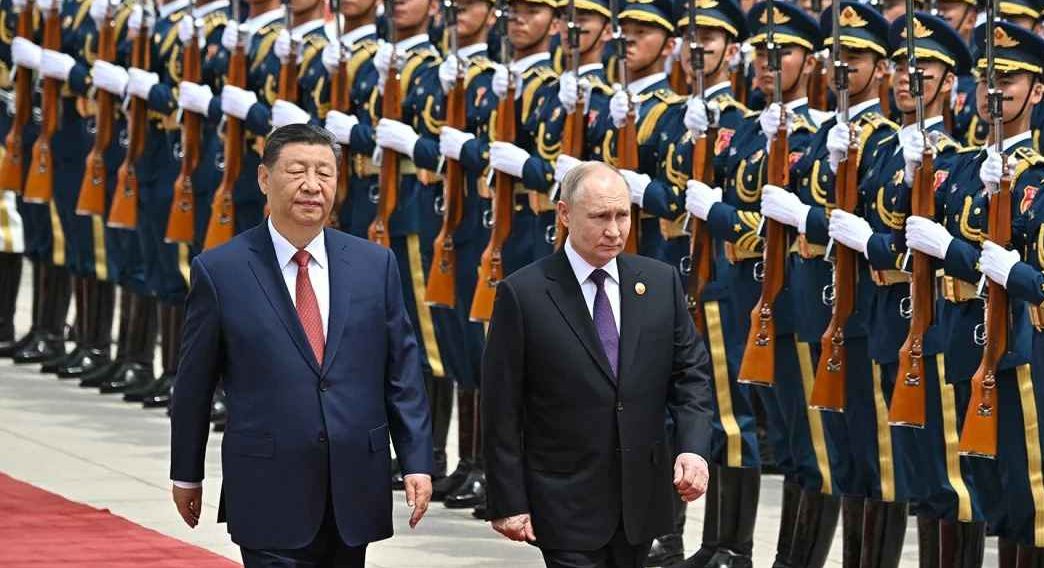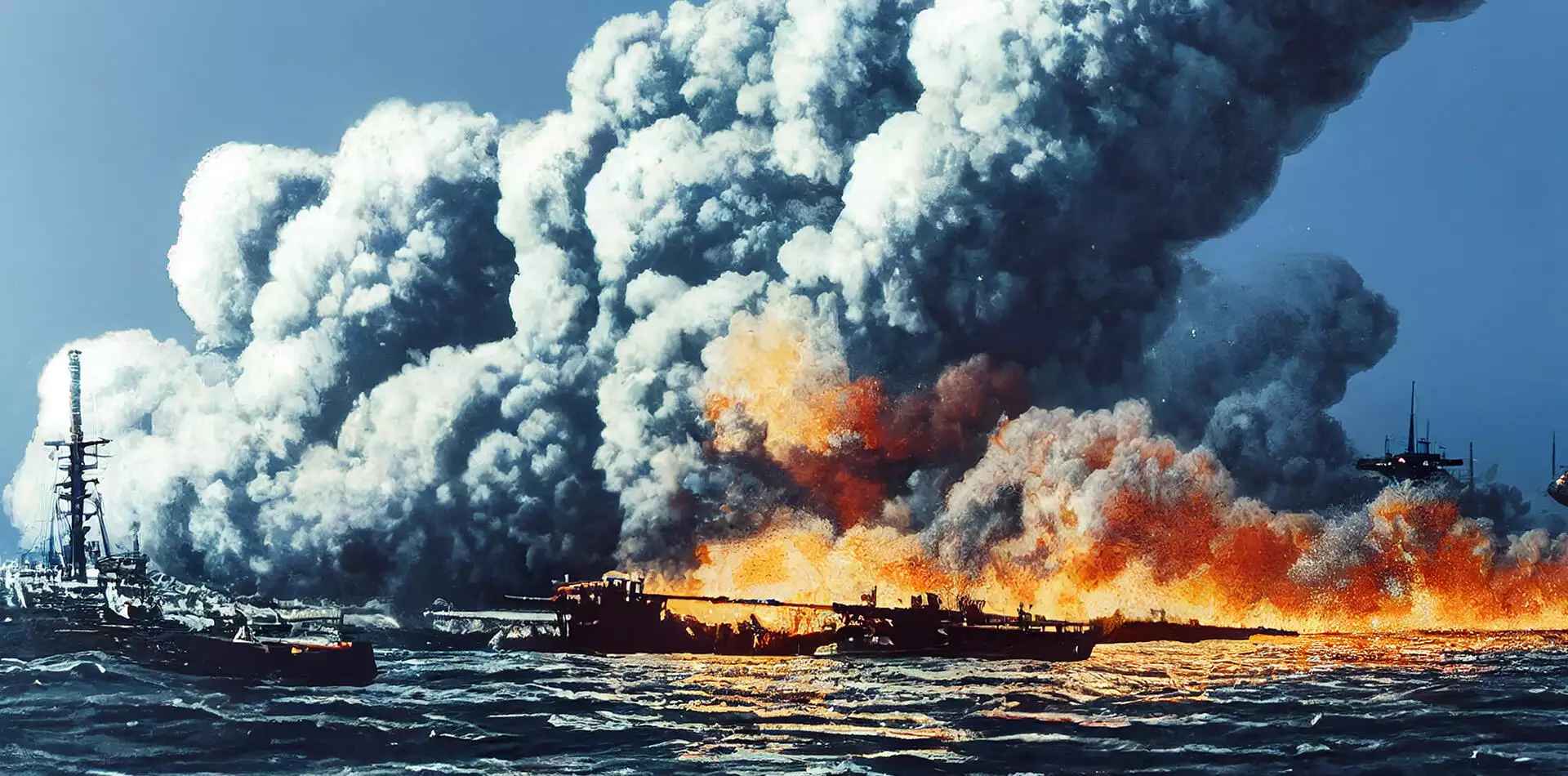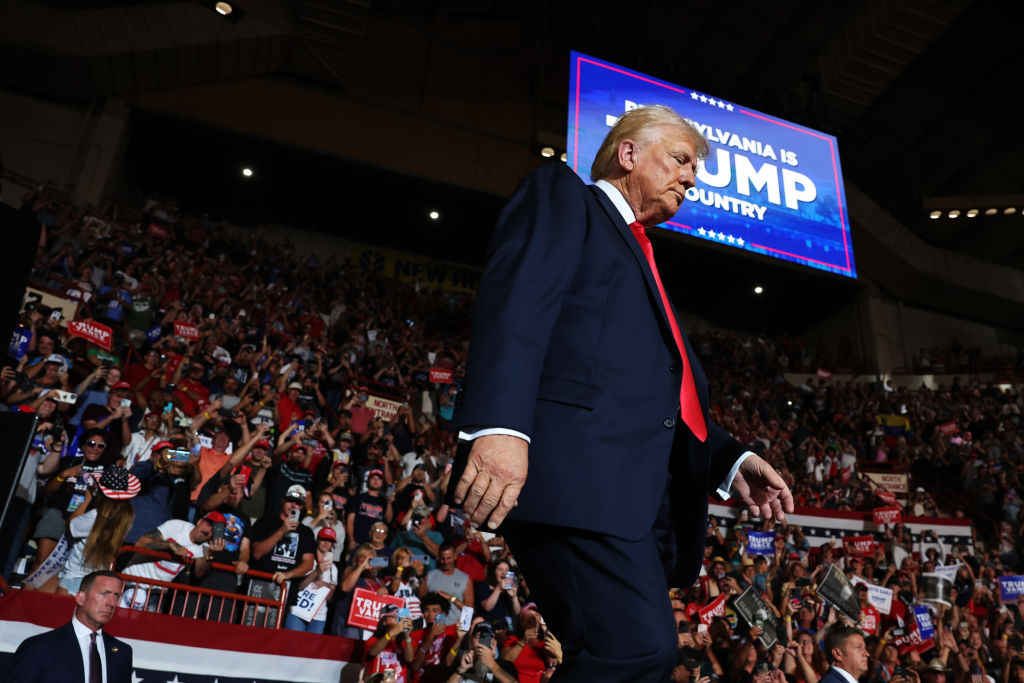China, Iran, and North Korea back Russia’s war against Ukraine

The recent arrival of North Korean troops in Russia, coupled with growing military support from Iran and dual-use goods supplied by China, has heightened concerns in the U.S. and among its allies about an emerging “axis of malign partnerships” involving Russia, North Korea, Iran, and China.
These countries, united by their shared animosity toward the West, have been increasingly cooperating, especially in the context of Russia’s war in Ukraine.

North Korea’s involvement, including sending troops and providing artillery and missiles, marks a significant escalation in its military relationship with Russia.
U.S. officials fear this deepening partnership will bolster Moscow’s war efforts while linking the conflict in Europe to rising tensions on the Korean Peninsula, where North Korea continues to threaten South Korea.

Meanwhile, Iran has supplied drones and short-range ballistic missiles to Russia, strengthening ties that date back to their joint involvement in the Syrian conflict.
China, while denying direct involvement, has been accused of supplying Russia with critical dual-use goods that can support weapon production.
Although China claims neutrality, its expanding economic and military ties with Russia, alongside its position as the lead trade partner for North Korea and Iran, signal a broader strategy to counter U.S. influence globally.
The collaboration between these nations, while opportunistic rather than ideologically unified, raises concerns that future conflicts—whether in Europe, the Middle East, or the Indo-Pacific—could see these countries coordinating against the U.S. and its allies.
Some experts argue that this alignment may not yet constitute a full-fledged alliance, but the growing military and economic partnerships between these adversaries increase the risk of a multi-theater or global conflict.
For China, balancing these relationships while maintaining its broader global ambitions may limit the depth of its involvement. Nonetheless, the dynamics between these countries present a significant challenge to U.S. foreign policy and global stability.







